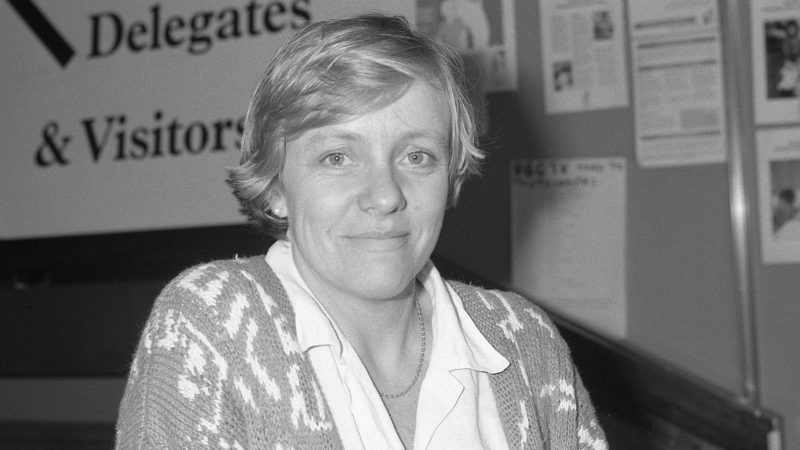
This year marks the 25th anniversary of the Good Friday Agreement. It brought to an end a decades-long violent conflict that had divided communities in Northern Ireland, costing thousands of lives and devastating many more.
At its heart, the agreement sought to achieve three things: peace, political stability and reconciliation. Peace has been achieved. Political stability remains a work in progress. The journey to reconciliation has some distance to travel. Despite the fragility of politics in Northern Ireland today, it has undoubtedly been a resounding success. It has secured long-lasting, transformative change.
And we should remember that there was nothing inevitable about it. For years, it had seemed an impossible dream. Every precursor agreement in Northern Ireland had ultimately failed. And globally, most peace treaties fail within the first two years. Before the news broke at Stormont on Good Friday in April 1998, many thought a way forward could never be reached.
The Good Friday Agreement is ultimately the achievement of the people of Northern Ireland who put aside differences and voted for it with courage. It was not easy, nobody won, everyone compromised. And as we mark the 25th anniversary of the agreement, we should renew our commitment to it, but also celebrate it for the remarkable achievement it was.
And in the Labour Party, we should do so with pride, knowing the unique role the labour movement played in securing it. Much of its content came from trade unions and civic society, especially the central focus on equality and human rights. And it was a Labour government that was one of the key architects of it. The personal roles of Tony Blair, Jonathan Powell, Paul Murphy, Adam Ingram and Alf Dubs are remembered with enormous gratitude.
But there is one Labour politician who captured the imagination and affection of people from all communities in a way few British politicians have achieved before or since. That was Mo Mowlam. Mo had been working in Northern Ireland since 1994, throwing herself into building relationships and establishing trust. As she said: “I like people, and I like talking to them.” She met everyone and understood the importance of making politics work for all.
She took risks and at times faced criticism for doing so. But her commitment to peace was unwavering, and she made many personal sacrifices to give it all she could. And she did so with her typical courage, political skill and charisma. And a wicked sense of humour which endeared her to so many. Mo was truly a remarkable politician, and I don’t think we would have had a peace agreement without her. It’s important we remember her.
Today, we do so with the opening of the Mo Mowlam studio, a newly-refurbished cinematic arts studio at Ulster University’s Derry campus. With the support of funds that the Labour Party Irish Society has raised from donors in Northern Ireland and the Irish community in Britain, the university has made an investment in new equipment and facilities for students on the cinematic arts course. It has received the support of so many figures from within the Labour Party, including Anna Turley, Louise Haigh MP, Peter Kyle MP and Sarah Jones MP.
There is a strong connection between this project and Mo’s life. Before going into politics, Mo was an academic and teacher. She believed in the power of education to transform people’s lives. And as a politician, she placed great value and importance on ensuring everyone’s voices were heard, especially young people in Northern Ireland. The Mo Mowlam studio reflects this – it is an investment in the post-Good Friday Agreement generation and will empower young people to find and express their voice.
It also serves as a reminder of how far we have come and of optimism for the future. Derry experienced some of the worst violence during the Troubles, but today, it is a city transformed. Conflict has been replaced by a thriving cultural scene, fear and division by hope for a better, shared future.
At the entrance to the Mo Mowlam studio is a mural of Mo, with a quote chosen by staff and students at the university along with Mo’s family. It reads: “People working together can overcome many obstacles, often within themselves, and together can make the world a better place.” Mo made the world a better place, and this brilliant educational space will serve as a fitting tribute to her life and legacy.




More from LabourList
‘AI regulation is key to Labour’s climate credibility’
Ben Cooper column: ‘Labour needs to rediscover its own authentic populism’
‘Westminster rethought: a new purpose built site and a museum of democracy’